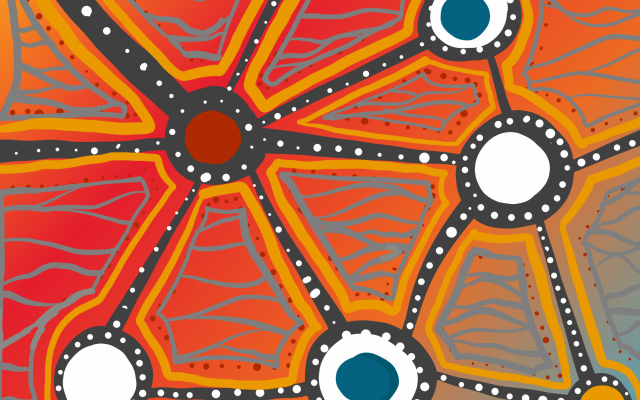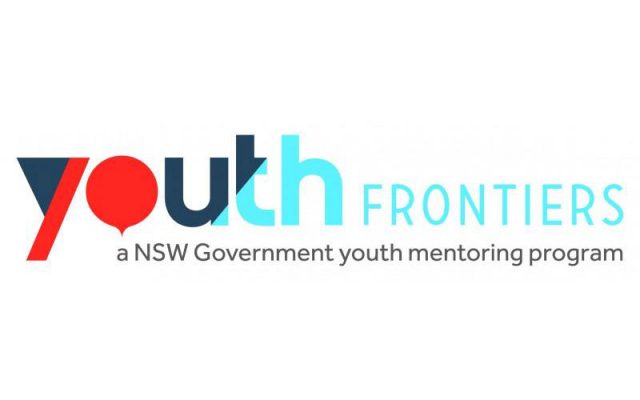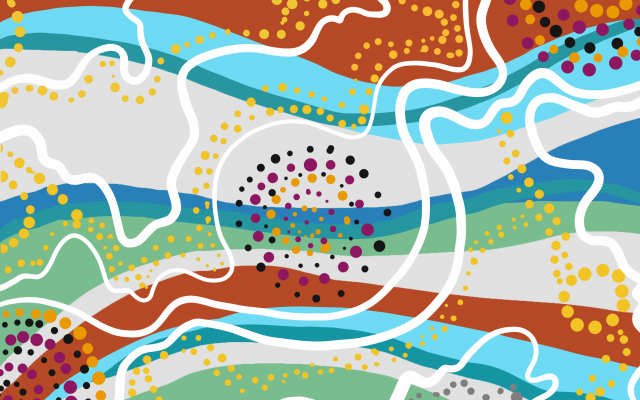
Reducing our waste with Bin Trim
Waste reduction is an important part of our commitment to be an environmentally sustainable business. We believe that it is not only good for people and the planet, but also saves costs and highlights our intention to act rather than just talk about sustainability issues.
According to the NSW Environment Protection Authority (EPA), about 70% of items placed in a general waste bin can be reused or recycled instead of being sent straight to landfill. Each year, NSW businesses send more than 1.8 million tonnes of waste to landfill. A 70% reduction would prevent 1.3 million tonnes of waste ending up in landfill.
We have had a long-term commitment to become more environmentally sustainable. To help us identify opportunities to reduce our waste, enhance our existing recycling systems and further educate our staff, we recently underwent a free Bin Trim waste and recycling assessment.
What is Bin Trim?
Developed by the EPA’s Business Recycling Unit under the Waste Less, Recycle More initiative, Bin Trim aims to ‘help businesses take action on waste.’ We first learnt of the program when we conducted an outcomes evaluation of the first phase of the Waste Less, Recycle More initiative for the EPA from early to mid-2018.
It is the largest waste and recycling funding program in Australia. By undergoing an assessment, we joined over 22,000 businesses across NSW who have committed to helping to protect the environment by promoting increased recycling.
In 2017, the NSW Government announced an extension to the Waste Less, Recycle More initiative and committed an additional $337 million over four years from 2017–2021.
What did the assessment involve?
Our assessment involved an EPA approved assessor from Cool Planet visiting our Sydney office.
In our initial meeting, the assessor helped us better understand our existing waste and recycling processes, the different types and quantities of waste we generate as a business and different recycling options available in our area. He suggested we set up two new dedicated recycling bins to separate our recycling materials – one for paper and cardboard waste and one for products such as tins and plastic containers – and provided these bins (free of charge).
The new bins complemented our existing dedicated bin for soft plastics. Our soft plastics waste – such as plastic bags and packet wrapping – is later transferred into a REDcycle drop-off bin. It is used to produce a range of products including decking, furniture, signage and even new roads.
Following the visit, our assessor prepared a tailored action plan and registered us on the EPA’s online Bin Trim App. This enables our recycling methods and achievements to be reported and for us to become part of an online community of businesses committed to increasing recycling across NSW. It’s a way to learn about other innovative recycling approaches businesses may be using.
In his second office visit, our assessor explained the action plan. This included putting up dedicated signs beside our existing and new bins to make it clear exactly what can and cannot be recycled as well as the specific bin waste items.
What was the impact?
We are actively using our new bins to separate and recycle waste items and have observed less waste being disposed of in our general waste bin. We have also updated our contract with our cleaning company to ensure that our office waste is put into the correct recycling channels once it leaves our office.
Our staff have commented that the Bin Trim signage has been helpful and there have been more informal office conversations about what we should do with our waste and where it ultimately ends up. We are always on the lookout for new ways to become more sustainable – from recycling office materials and using energy efficient lightbulbs, to purchasing eco-friendly products and tending to our worm farm, already much loved by our staff!
The experience was an educative one and we would certainly encourage other businesses across NSW to take advantage of the EPA’s Bin Trim program by signing up to receive their own free assessment. Reducing waste and increasing recycling requires collective effort at the individual, organisational and structural levels. Through businesses making small improvements we can make substantial positive impacts on the environment.




